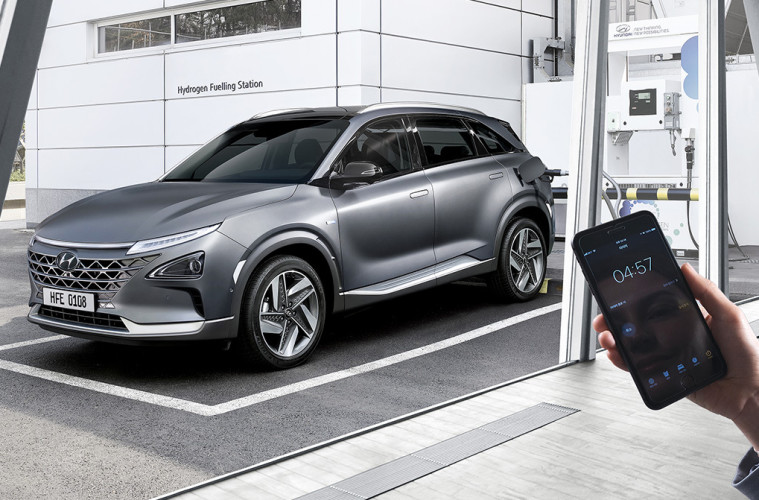The cost of a kilo of hydrogen, which gives an autonomy of 100 kilometers, is around sh.150. A simple fact that can give us an idea of the biggest challenge faced by the hydrogen battery technology for the cars of the future
In any case, manufacturers do not throw in the towel. For example, Mercedes, which has been researching this technology for a quarter of a century (and has already presented several models)
And Hyundai, which has just released its new Nexus, its first 100% hydrogen car, at the price of Sh.7 millions
And they are not the only ones: BMW, Audi, Honda or Toyota have developed their own projects in the technology of the hydrogen battery, today, has a difficult cost to assume by someone who is not a millionaire
The problems of the hydrogen battery
And how does the hydrogen battery technology for a car work? First, keep in mind that hydrogen is not natural on our planet, but produced by complex chemical processes .
Here we find the first problem: the production of hydrogen implies an energy cost greater than that which it provides us. In short, with every kilo of hydrogen produced we lose energy along the way .
Besides that, it is not easy to store (it occupies more space than gasoline) and most of the hydrogen is obtained , from the burning of fossil fuels (up to 95%). Only 5% is obtained by electrolysis.
We must add to this the cost of producing hydrogen, which is much higher today than other fuels. Problems that make the kilo of hydrogen cost up to sh.150 in the market. A scarce market, on the other side: there are barely 400 hydroliners in the world.
For all this, it is difficult to think (at least for now) that the hydrogen fuel cell will be the future of the automotive industry. There are still many problems to solve.
But it is true that the benefits are too many to ignore the research: it is a zero emission technology (only emits steam) and it allows more autonomy and less recharge than the electric car: in just 5 minutes you can fill the Your car’s hydrogen battery














